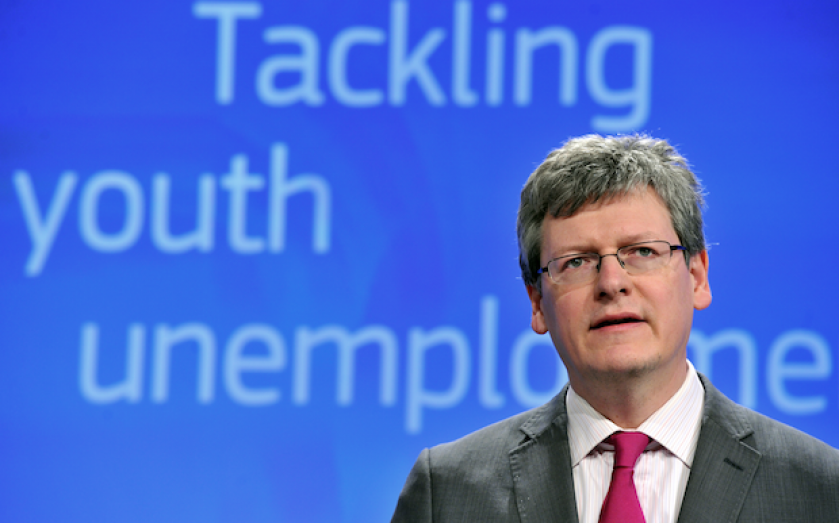EU parliament makes progress on open immigration

European commissioner Laszlo Andor has welcomed the European parliament's adoption of a series of measures that were proposed by the commission in April, intended to make it easier for EU citizens to exercise the right to work in other member states.
The decision comes a little over a month after fresh evidence emerged showing that open immigration has been economically beneficial for EU cities.
Commissioner Andor said in a press release:
This is good news for all those who want to work or are already working in another Member State. In particular, the rules will better protect EU mobile workers against discrimination and will help them overcome obstacles to working in another EU country.
Under the directive employers are set to receive better information when hiring workers from other EU member states. The measures are intended improve labour mobility within the EU.
Andor highlighted the benefits of the free movement of labour in addressing Europe's crippling levels of unemployment, as workers in high unemployment states can move where employment opportunities are more readily available. Furthermore, free movement is helping to address damaging skills shortages in many parts of the EU, such as the IT sector in Dublin.
The commission also said it was working to improve the efficiency of the European job search network EURES, so more vacancies will be available to candidates throughout the EU.
Andor also pointed to recent studies showing that mobile EU citizens bring an array of benefits to their host country. EU migrants are more likely to be in employment and collect fewer state benefits than native workers.
This has certainly been true in the case of the UK. Christian Dustmann and Tommaso Frattini, of the Centre for Research and Analysis of Migration, found that European immigrants paid a staggering £2,610 more in taxes than they received in benefits each year between 2007 and 2011.
Commissioner Andor recently mounted a strong defence of the freedom of movement in wake of the Swiss referendum to restrict EU migration.
On February 26, Andor said:
This core principle of the free movement of persons is a cornerstone of our relationship. It is a fundamental right. It is not simply "negotiable", as some tend to believe.